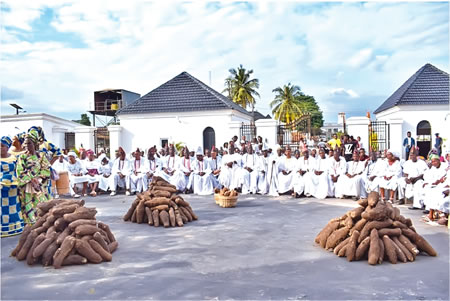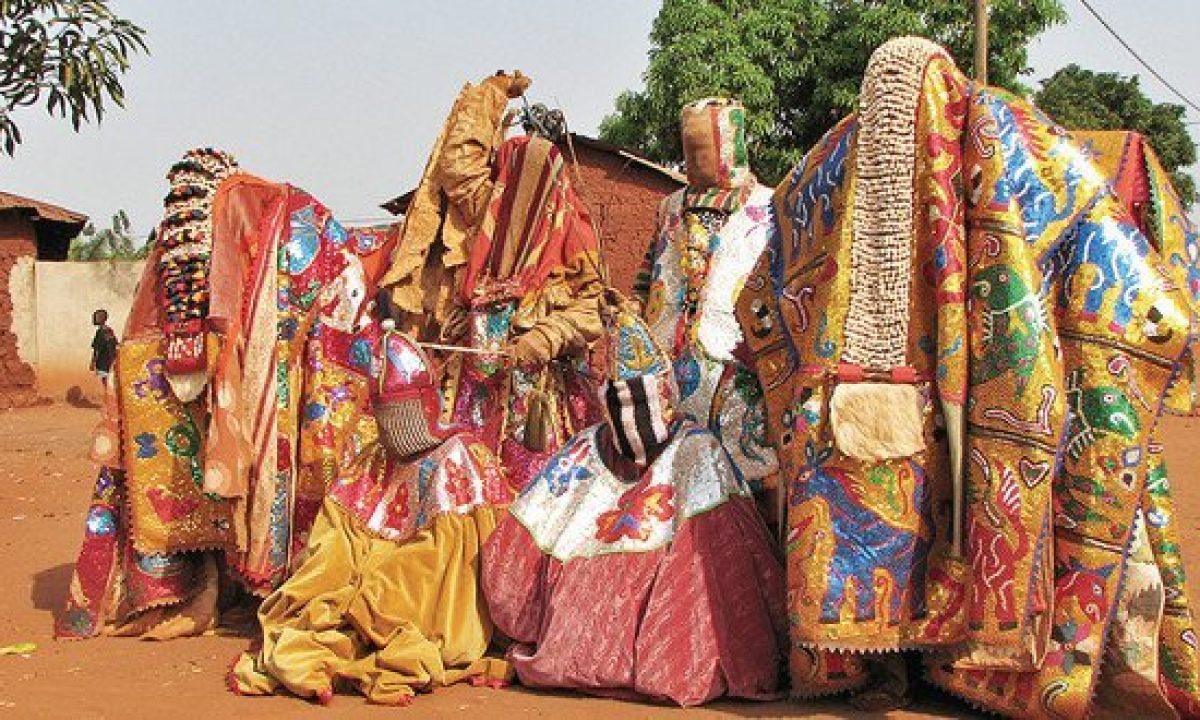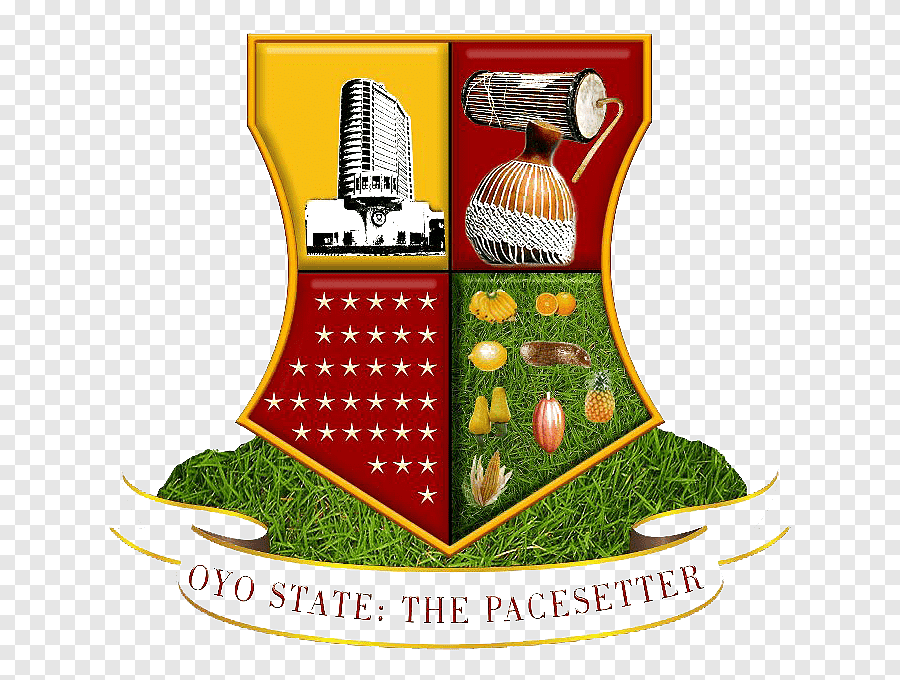The Pacesetter State
History
Oyo State, located in southwestern Nigeria, is an inland state. Its capital is Ibadan, which is the third most populous city in Nigeria and was previously the second most populous city in Africa. The state shares borders with Kwara State to the north, Osun State to the east, Ogun State and the Republic of Benin to the southwest.

Oyo State is predominantly inhabited by the Yoruba people, with the Yoruba language being widely spoken. Known as the “Pace Setter State,” it occupies land that was previously under the rule of different kingdoms and empires.
Oyo State was established in 1976 from the former Western State. Initially, it included Osun State, but in 1991, Osun State was created as a separate entity through a division.

The ancient Oyo Empire, a significant component of the Yoruba Empire, existed from approximately 1300 to 1896. Following the empire’s decline, modern Oyo State, known as “New Oyo,” was established in the 1830s.
Economy
Oyo State, is a vital commercial hub. The city boasts a bustling daily market that extends from the railway station to the city center, serving as Ibadan’s vibrant commercial core.
Oyo State’s economy relies primarily on agriculture and handicrafts. Key agricultural products include yams, corn, cassava, beans, millet, plantains, tobacco, cacao, palm oil, palm kernels, cotton, kola nuts, indigo, and various fruits.


In addition, Oyo State is known for its cottage industries, which encompass activities such as cotton spinning, weaving, dyeing, leatherworking (using sheep and goat skins), wood carving, and mat making.

Oyo State boasts a range of captivating tourist attractions, including;
- Ibadan University Zoo
- The Agodi Zoological Garden
- Ado Awaye Mountains and Suspended Lakes.
- Bower’s Tower
- Idere Hills
- Topfat Art Gallery
- Odu’a Museum and Hall Of Fame,
- The magnificent residential palaces of Yoruba rulers in Oyo and Ogbomosho.


Cultural Heritage
The most popular cultural festivals in Oyo State include; Sango Festival, New Yam Festival, and Oke Ibadan festival.
Sango Festival
The Sango Festival is an annual event honoring Sango, the Yoruba thunder and fire deity who was a warrior and the third king of the Oyo Empire after succeeding Ajaka his elder brother.
The event, usually held in August and lasting a week, draws more than 20,000 spectators from around the world, including Brazil, Cuba, Trinidad and Tobago, and the Caribbean. It aims to bring Yorubas in the diaspora back home and celebrate Sango, revered as the greatest hero in Yoruba history.
New Yam Festival
The New Yam festival, held annually in August, signifies the conclusion of a work season and the start of a new one. During this celebration, friends and family come together to enjoy yam-based meals and partake in cultural dances. After the festival, old yams are discarded to symbolize a fresh beginning for the new cycle.

At the onset of the festival, yams are offered to the gods and ancestors as a token of gratitude for the bountiful harvest and to seek blessings for the next season. The elders perform the ritual and eat the first yam to signify their esteemed role in the festivities.
Oke Ibadan
The Oke Ibadan festival draws large crowds of locals who enthusiastically participate in the festivities. The name of the festival translates to “hill of Ibadan,” and it features legends about the original site of Ibadan, which was situated on a hill. In the 18th century, settlers from the east and north gathered on the hill, leading to the formation of the town.

Though the hill has since been abandoned, its legacy endures. The Oke Ibadan festival encompasses fertility rites and pays tribute to the founder of Ibadan and the goddess of the hill.

ORISUN 2023!

Would you like to explore Nigeria’s culture, food, and social life in a safe and curated trip?
Last year we had our first Orisun trip to Lagos, Nigeria and this year we will be holding another trip.
Click here for more info!
Ekiti State; Land of Honour and Integrity

Land of Honour and Integrity History Ekiti State is located…



